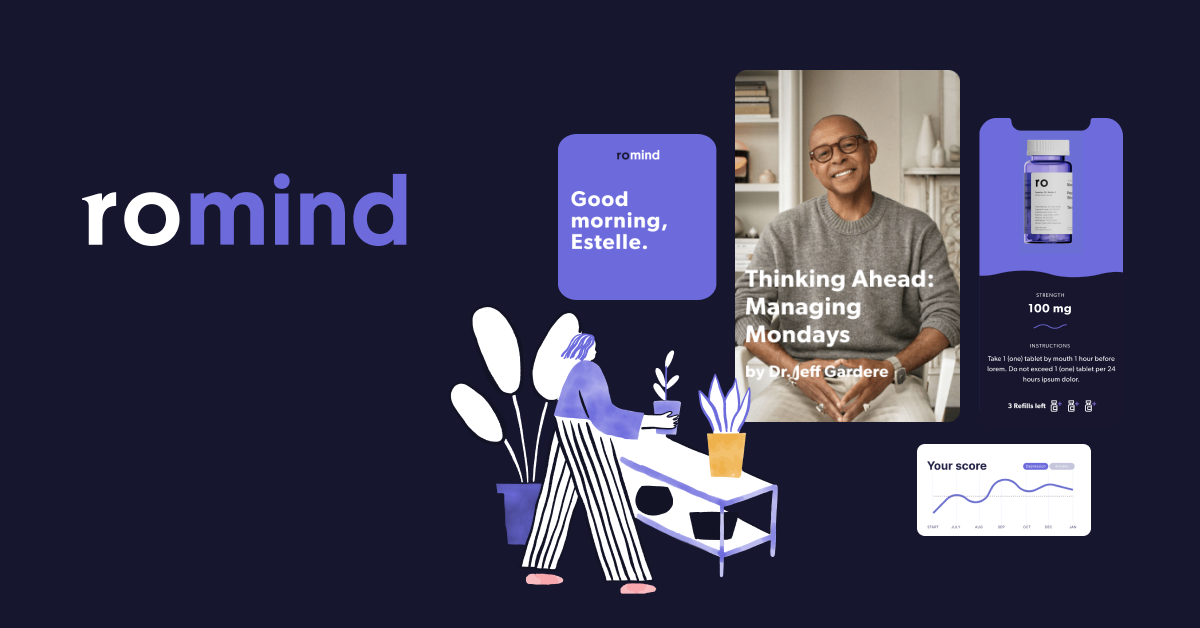Mental health is one of the biggest issues of the 21st century. However, health services are now more accessible for everyone thanks to Ro business. The digital health firm offers virtual mental health services.
Ro Mind service focuses on generalized anxiety disorder (GAD) and major depressive disorder (MDD); however, it will expand its expertise.
“We are the only company that seamlessly integrates virtual care, pharmacy and in-home care on one platform. We are uniquely positioned to serve physical and mental health, holistically, and provide affordable, high-quality mental health services,” said Saman Rahmanian, co-founder and chief product officer at Ro told Fierce Healthcare.
“To us, offering support for anxiety and depression is an important first step to make mental health a part of the primary care experience,” he continued.
Mental Health in the U.S.
The mental health rate is pretty high in the U.S. According to studies, 1 in 5 adults suffers from a mental health condition. Although many Americans have these conditions, not many seek medical attention. Why is so? Some people have low self-esteem, which prevents them from seeking medical care or admit they have issues. The lack of education also plays an important role in this problem. Plus, the costs are pretty high, and the insurance doesn’t cover everything.
Ro Mind services
The digital health company offers services for a $65 fee per month. The service includes access to U.S. licensed providers for people who want to buy medicine. Virtual sessions are also available, which is very handy now during the pandemic. Patients can also benefit from customized treatment plans. The best part is that providers will monitor and help their patients on the way.
Ro Mind offers 1:1 and group therapy. Despite focusing on GAD and MDD, the digital health service provides support for other health conditions. The platform offers help for erectile dysfunction (ED), obesity and acne patients. These health issues can also be linked to both anxiety and depression.
“We’re able to remove barriers around stigma, access and cost and put patients back in control of their health. Within this decade, the majority of interactions will be happening in people’s homes. We meet patients where they are and meet them at eye level and we are building this new patient-centric healthcare system,” said Rahmanian.























Leave a Reply